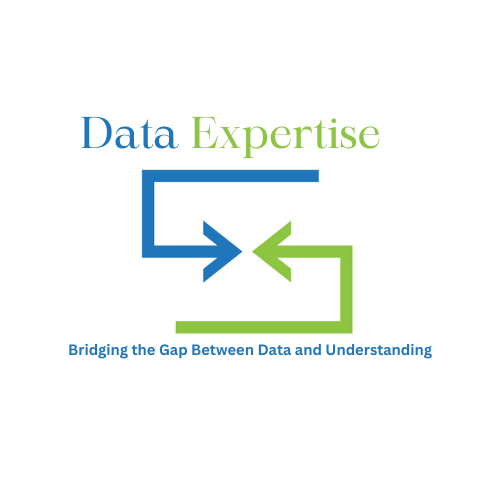In the ever-evolving landscape of data science, one thing remains constant: the importance of the data scientist’s toolkit. Data scientists are the modern-day alchemists, turning raw data into valuable insights that power decision-making and innovation. In this blog, we’ll dive deep into the essential skills and tools that equip data scientists for success.
Understanding Data Science
At its core, data science is the art of transforming raw data into actionable insights. It’s a multidisciplinary field that combines expertise in statistics, programming, and domain knowledge. Here are the fundamental skills and tools that every data scientist should have in their toolkit:
1. Statistical Proficiency
Data scientists rely on statistics to analyze data, test hypotheses, and make predictions. A strong foundation in statistical concepts is crucial for understanding data patterns and drawing meaningful conclusions.
2. Programming Skills
Proficiency in programming languages like Python and R is a must. These languages provide the tools and libraries necessary for data manipulation, analysis, and modeling.
3. Data Cleaning and Preprocessing
Cleaning and preprocessing data is often the most time-consuming part of a data scientist’s work. Tools like Pandas and NumPy in Python are essential for data cleaning and transformation.
4. Data Visualization
Data scientists use data visualization libraries like Matplotlib, Seaborn, or ggplot2 to create visual representations of data. Visualization makes it easier to communicate findings and identify trends.

Tools of the Trade
A data scientist’s toolkit is incomplete without the right software and tools. Here are some indispensable tools for the trade:
- Jupyter Notebook
Jupyter Notebook is an open-source web application that allows you to create and share documents that contain live code, equations, visualizations, and narrative text. It’s an excellent platform for data exploration and analysis.
- RStudio
For data scientists who prefer R, RStudio is an integrated development environment (IDE) that makes it easy to write and execute R code.
- SQL for Database Management
Structured Query Language (SQL) is essential for querying and managing data stored in relational databases. Proficiency in SQL is a key asset.
- Machine Learning Frameworks
For data scientists venturing into machine learning, frameworks like Scikit-Learn, TensorFlow, and PyTorch are indispensable. These libraries offer tools for building and deploying machine learning models.

Advanced Techniques
As data science advances, data scientists should continuously upgrade their toolkits. Here are a few advanced techniques and tools worth exploring:
- Big Data Technologies
With the growth of big data, tools like Apache Hadoop and Apache Spark have become vital for processing and analyzing large datasets.
- Deep Learning Frameworks
For projects involving deep learning, frameworks like Keras and Fastai provide high-level APIs for building and training neural networks.
- Cloud Platforms
Cloud platforms like AWS, Google Cloud, and Azure offer scalable and cost-effective solutions for data storage and analysis.
The Human Element: Communication and Domain Knowledge
While technical skills and tools are crucial, data scientists should not overlook the importance of effective communication. Data storytelling and the ability to convey complex insights to non-technical stakeholders are invaluable skills. Additionally, domain knowledge—the understanding of the specific industry or field in which you work—enhances your ability to derive meaningful insights from data.
In conclusion, the data scientist’s toolkit is a dynamic and multifaceted ensemble of skills and tools. By continuously honing their skills and staying up-to-date with the latest developments in data science, data scientists can unlock the true potential of data, driving innovation and decision-making across diverse industries.
As the data science field continues to evolve, adaptability and a commitment to lifelong learning are key traits of successful data scientists. So, whether you’re just starting your journey in data science or looking to expand your skills, remember that your toolkit is your source of power in the world of data.



Leave feedback about this